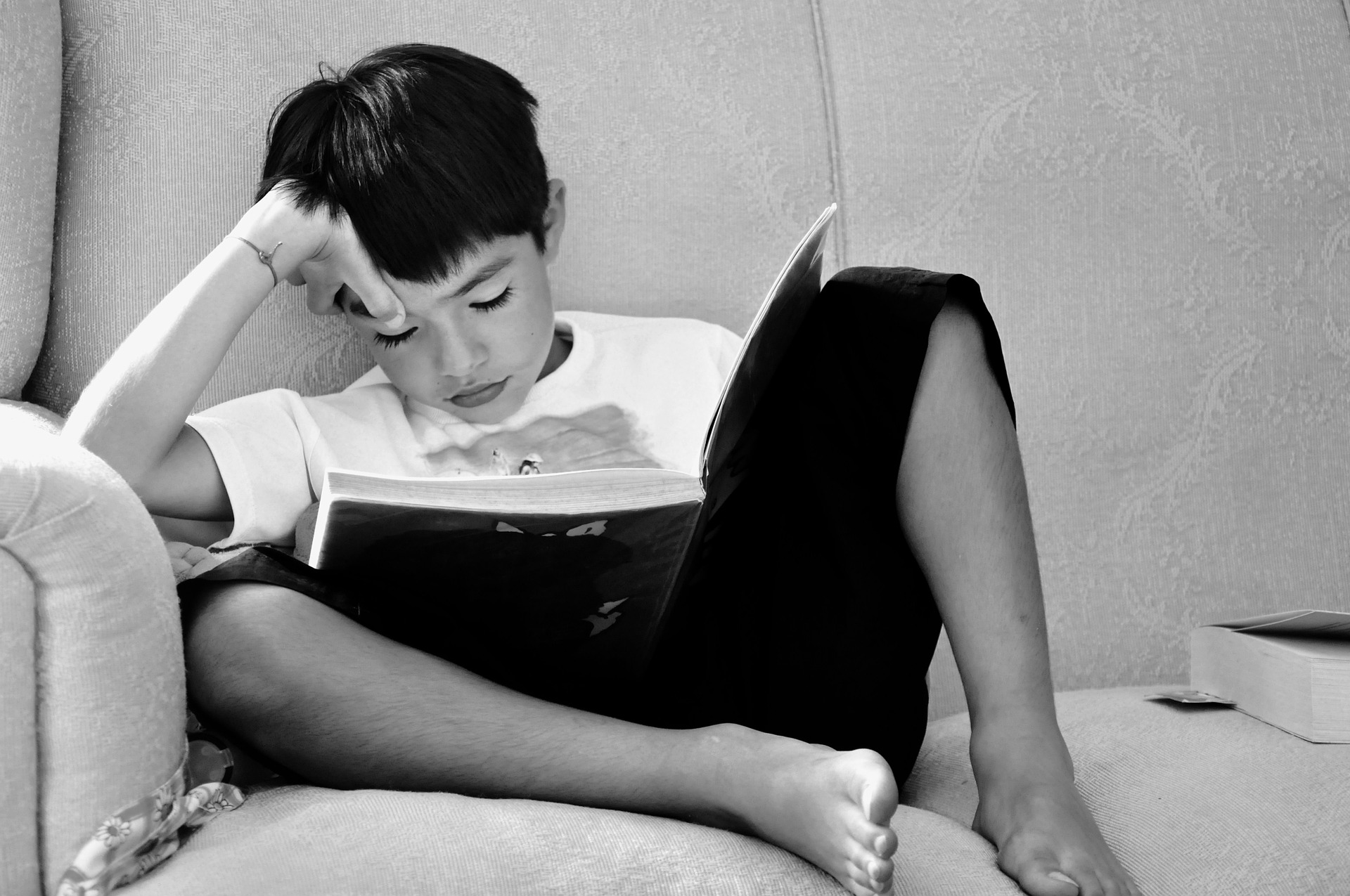A school age child will face many firsts. Most first time parents are so full of hope and anxiety even on this stage of a child’s life. So many plans and so many fears that they will mess up. Most of the time this is unfounded. You would never convince them otherwise, though, until they have their bundle of joy tested. They have this yardstick that could sometimes be impossible to measure up to. And if the child does not, they immediately assume the worst. It sometimes helps to know and be aware of the most common learning disabilities first hand.
A learning disability is a condition that hinders processing skills like basic ones that could include reading, writing and/or math. Most are identified during the school years when schools are active at evaluating students and can catch signs and symptoms early. But some would fall through the cracks and never realise that their difficulties with academics could be because of a learning disability. This condition is not limited to the classroom, though, and could affect jobs and even relationships.
Auditory and Visual Processing Disorder – is a condition that delays or disrupts the processing of sensory information. Its symptoms include inability to distinguish similar sounds, understanding oral instructions poorly and have some trouble with concentrating and focusing.
Dyslexia – This is a disability affecting reading and related decoding letters and sounds. It affects the brain that process language. Some researches are focused on hereditary factors as it is recently determined that a distinct genes could be contributing to dyslexia.
Dysgraphia – this disability affects writing, handwriting ability and fine motor skills. It is a lifelong limitation but manageable with therapy and practice. Some cases of dysgraphia occur in adults after a trauma
Attention difficulties – a lack of focus and impulse control with sometimes hyperactivity involved. Some argue it is merely impeding learning not a difficulty. Experts are linking it with a genetic component. ADHD benefits from medication and behavioural therapies.
Dyscalculia – This is an explicit disability in numbers . With very high level of anxiety in dealing with anything involving math. Difficulty in counting backwards and understanding place values.
These disabilities can manifest with different states of progression, some individuals having more than one difficulty. But it can be managed with the right information, therapy, support and intervention. More and more studies are coming out to help with people who suffer from these conditions. And maybe one day there would be better solutions so that earlier detection and help be given these children and adults with these afflictions.








